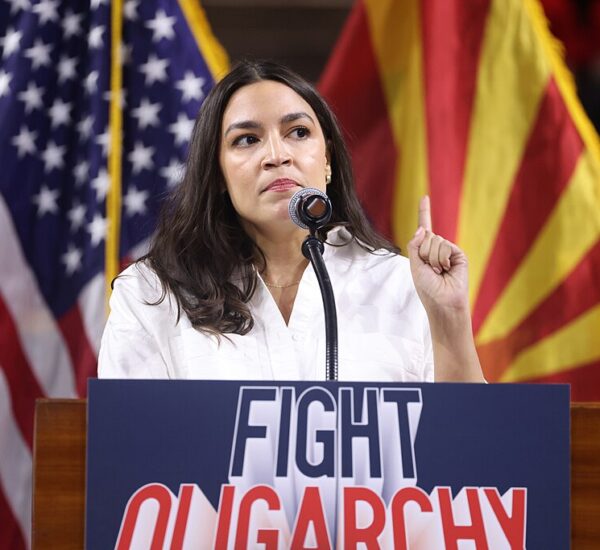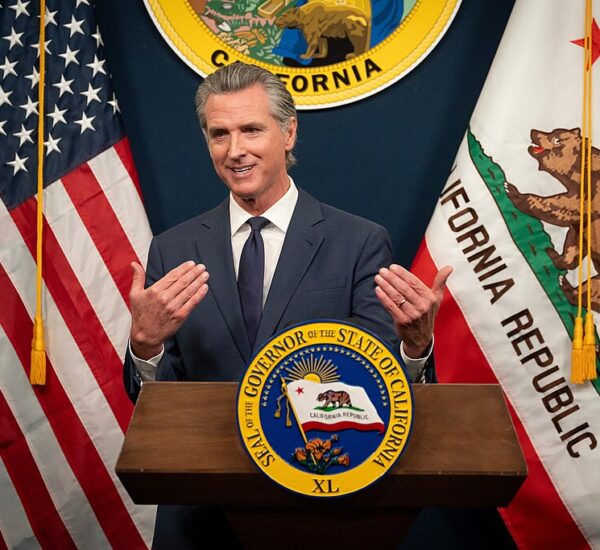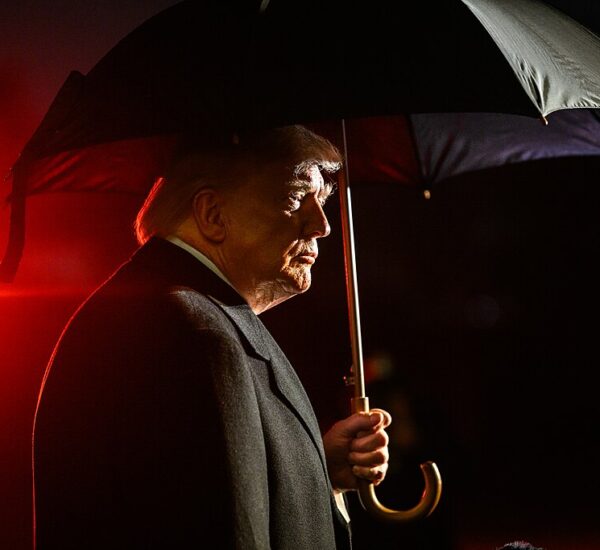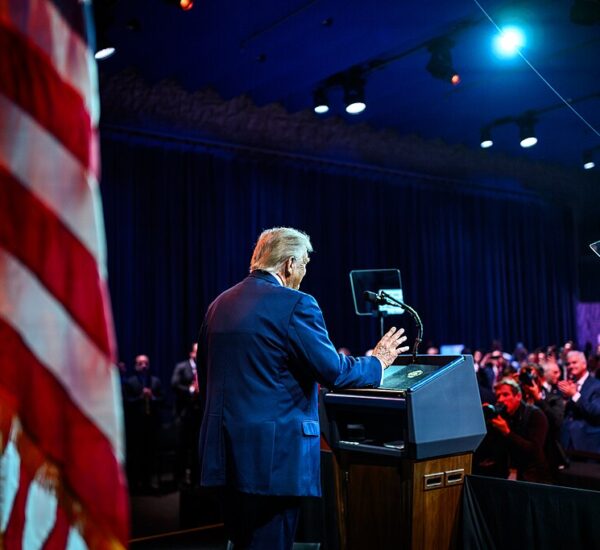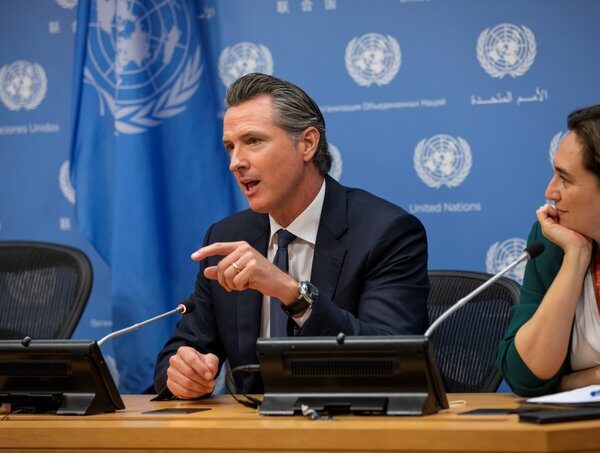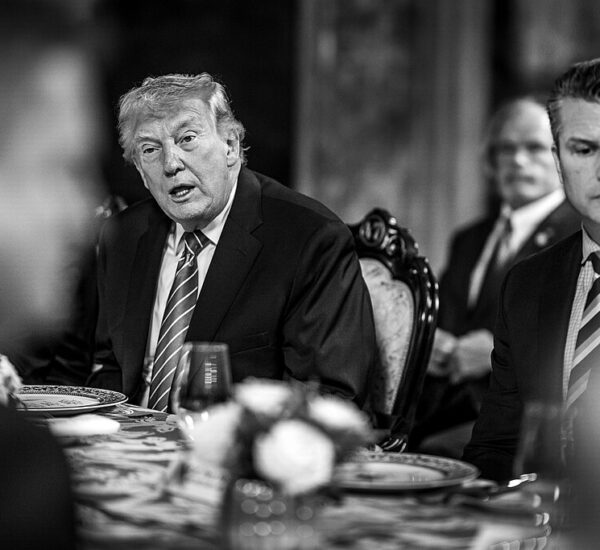Trump Announces Canada Tariffs
President Donald Trump is taking bold action to protect American families and jobs—announcing a sweeping 35% tariff on all Canadian goods starting August 1. The move comes as part of Trump’s renewed crackdown on foreign countries that, in his words, are “failing to stop the poison coming into our communities.”
In a formal letter to Canadian Prime Minister Mark Carney, Trump made it clear: Canada’s lack of cooperation in stopping the flow of fentanyl—a deadly drug killing tens of thousands of Americans each year—is unacceptable. “If Canada cooperates with me to stop the influx of fentanyl, we may consider revising this letter. The tariffs could be adjusted—either increased or decreased—depending on how our relationship progresses.”
While the majority of fentanyl enters through the southern border, Trump insists no source of illegal drugs should be ignored, especially when American lives are on the line.
A Warning Shot to Global Trade Partners
This announcement is part of a broader initiative. Trump has sent similar letters to more than a dozen countries, warning of steep tariffs unless they get serious about stopping drug trafficking and correcting trade imbalances. For many conservatives, this signals a return to Trump’s “America First” trade policy—one that puts U.S. workers and national security ahead of foreign interests.
Back in his first term, Trump imposed a 25% tariff on Canadian products, though some items were later exempted under the 2020 U.S.-Mexico-Canada Agreement (USMCA). It’s unclear whether those exemptions will remain in place under the new plan. But one thing is clear: Trump isn’t bluffing.
Trump Draws a Hard Line: No More Free Rides
The president has also raised eyebrows with blunt talk about Canada—suggesting at times that the U.S. could function just fine without Canadian goods, and even musing about making Canada the 51st state. Canadian officials, including Prime Minister Carney, have dismissed the comments and insist the two nations are better off as partners. But for many Americans—especially those in struggling industries—Trump’s hardline stance is a welcome return to strength.
What It Means for American Consumers and Workers
While critics warn of rising prices, supporters argue that tariffs level the playing field and bring manufacturing back home. Many older Americans remember a time when U.S. goods were built to last—and Trump’s strategy appeals directly to that sense of economic patriotism.
With the fentanyl crisis still raging and foreign trade partners reluctant to do their part, Trump’s new tariff plan is likely to resonate with millions of voters who are tired of seeing America taken advantage of.

